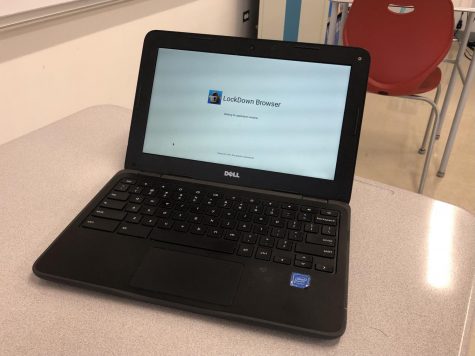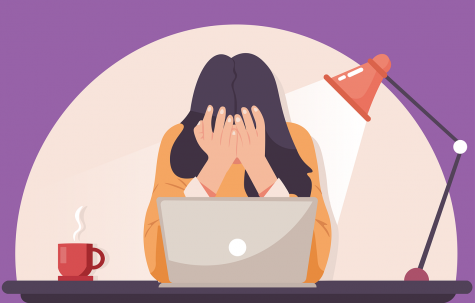Over-diagnosis of ADHD does more harm than good

PILL OVERLOAD: Adderall, a brand of amphetamine-dextroamphetamine, is a stimulant that’s generally prescribed to treat attention deficit hyperactivity disorder (ADHD).
A good friend of mine once informed me that, as a child, she was diagnosed with Attention Deficit Hyperactivity Disorder. After years of being told that she needed treatment to help combat her disorder, she recently discovered that she was misdiagnosed. Obviously, this left me a little jarred. This opened up the possibility that there are many students misdiagnosed with ADHD.
I remembered that I was once tested for ADHD as a child. My kindergarten teacher thought I was a little too “hyperactive” for my own good. I was sent to a therapist and analyzed for some sign of a mental unrest. I was told that my energy was just a product of my age and shouldn’t be treated as any sort of learning disability. However, now I look back on that situation and wonder how many millions of kids are brought into that screening, only to be diagnosed with a disease they don’t have.
According to the Center for Disease Control and Prevention, 4.5 million children under 18 are diagnosed with ADHD. That makes it the second highest diagnosed disease for children, just behind asthma. There is no way to determine the disease through blood or calculable measurements. You simply have to trust that a psychiatric professional can distinguish the difference between normal childish behavior and a lifelong psychological disorder. The National Institute of Mental Health states that children might have ADHD if they “Become bored with a task after only a few minutes, unless they are doing something enjoyable,” or if they are prone to “Be easily distracted, miss details, forget things, and frequently switch from one activity to another.”
The guidelines for determining ADHD are so vague that nearly any excited five-year-old could be misdiagnosed with the disease. So, how many children are taking drugs for a disease they don’t really have? According to Todd Elder, Associate professor of economics at Michigan State University and author of the article “The Importance of Relative Standards in ADHD Diagnoses: Evidence Based on a Child’s Date of Birth,” nearly one million children have been misdiagnosed with ADHD. Elder claims that these misdiagnoses are so common because teachers and parents only judge a child’s attitude in relation to other kids in their classroom.
“If a child is behaving poorly, if he’s inattentive, if he can’t sit still, it may simply be because he’s 5 and the other kids are 6,” Elder said. “There’s a big difference between a five-year-old and a six-year-old, and teachers and medical practitioners need to take that into account when evaluating whether children have ADHD.”
People are quick to confuse the immediate solution with the right solution. If they see a child lagging behind, most will immediately find the readiest solution. For many, that means psychiatric drugs. If Elder’s estimate is correct then nearly 22 percent of all children with “ADHD” are taking drugs that they don’t need.
According to Monika Buerger, a chiropractor that specializes in the treatment of neurodevelopmental conditions stated that, “Methylphenidate, commonly known as Ritalin, was responsible for 186 deaths between 1990 and 2000 as reported by the FDA MedWatch; a voluntary reporting program accounting for no more than 10-20 percent of actual incidences . . .The increased risk of suicide and depression has also been linked to the use of Ritalin and other such stimulants.”
Psychiatric drugs are difficult enough on the people who need them. They are chemicals designed to change your personality. For most, these drugs are a necessary evil that are more likely to help than function than shut them down. But for 22 percent of children diagnosed with ADHD, these medications cause nothing but their dangerous side effects. Sure, these kids won’t be as distracted, but if they are being exposed to unnecessary treatment, the side effects will catch up to them.
I don’t want to live in a world where children are being spoon-fed drugs because their parents think it’s the only solution. We must solidify what constitutes a child with ADHD. This all-encompassing diagnosis seems a little too broad to be legitimate. If we don’t clarify this disease, we will be forced to watch as children grow up with unnecessary chemicals in their brains.










